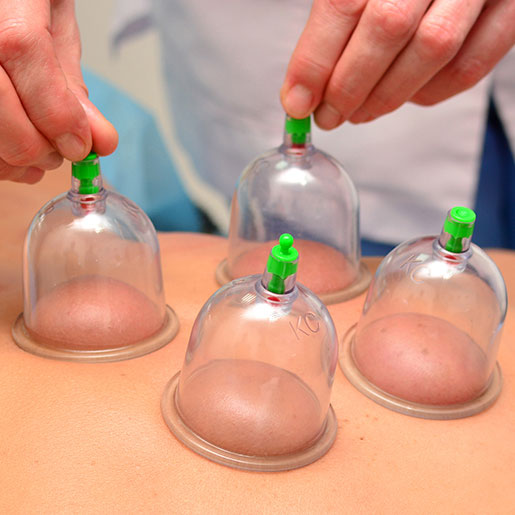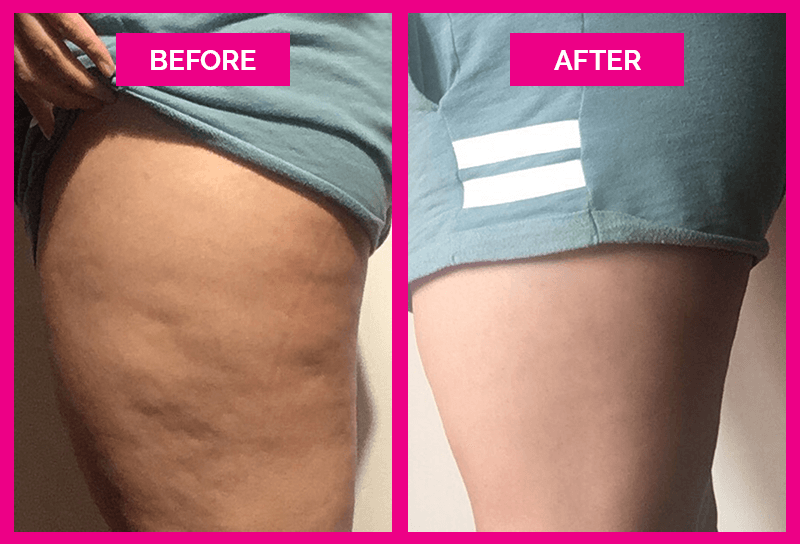Hijama, also known as wet cupping therapy, is an ancient medical practice that has gained popularity in recent years due to its potential health benefits. However, some individuals may experience feelings of sickness or discomfort following a Hijama session. In this article, we'll explore whether it's normal to feel sick after undergoing Hijama treatment, the possible reasons behind these symptoms, and how to manage them effectively.

Understanding Hijama Treatment:
Hijama Treatment involves the process of creating suction on the skin's surface using cups to draw out stagnant blood and toxins from specific acupuncture points. This practice is believed to promote blood circulation, relieve pain, and improve overall well-being. Despite its potential benefits, some individuals may experience adverse reactions, including feeling sick, after undergoing Hijama treatment.
Possible Causes of Feeling Sick After Hijama:
Several factors can contribute to feeling sick following a Hijama session. Firstly, the body's reaction to the removal of toxins and stagnant blood during the treatment process can lead to temporary discomfort or nausea. Additionally, some individuals may experience a drop in blood pressure or dizziness due to the sudden release of tension and stimulation of the nervous system. Moreover, if the procedure is performed incorrectly or with unsterilized equipment, it can increase the risk of infection, which may manifest as sickness or fever.
Managing Post-Hijama Symptoms:
If you're feeling sick after undergoing Hijama treatment, there are several steps you can take to alleviate discomfort and promote recovery. Firstly, rest and hydration are essential to help your body eliminate toxins and regain balance. Drinking plenty of water and consuming nourishing foods can support your body's natural detoxification processes and aid in recovery. Additionally, gentle exercise or stretching can help improve blood circulation and alleviate feelings of dizziness or lethargy. It's also crucial to avoid strenuous activities and exposure to extreme temperatures immediately after the procedure to prevent further discomfort.

Seeking Professional Guidance:
If your symptoms persist or worsen after undergoing Hijama treatment, it's important to seek medical advice promptly. A qualified healthcare professional can assess your condition, provide appropriate treatment, and address any underlying issues that may be contributing to your discomfort. Furthermore, they can offer guidance on proper aftercare and monitoring to ensure your health and well-being are prioritized throughout the recovery process.
Conclusion:
In conclusion, feeling sick after undergoing Hijama treatment can occur due to various factors, including the body's reaction to detoxification, changes in blood pressure, or potential infection. While experiencing temporary discomfort is not uncommon, it's essential to monitor your symptoms closely and seek medical assistance if necessary. By following proper aftercare guidelines and prioritizing your well-being, you can minimize the risk of adverse reactions and maximize the potential benefits of Hijama therapy.
